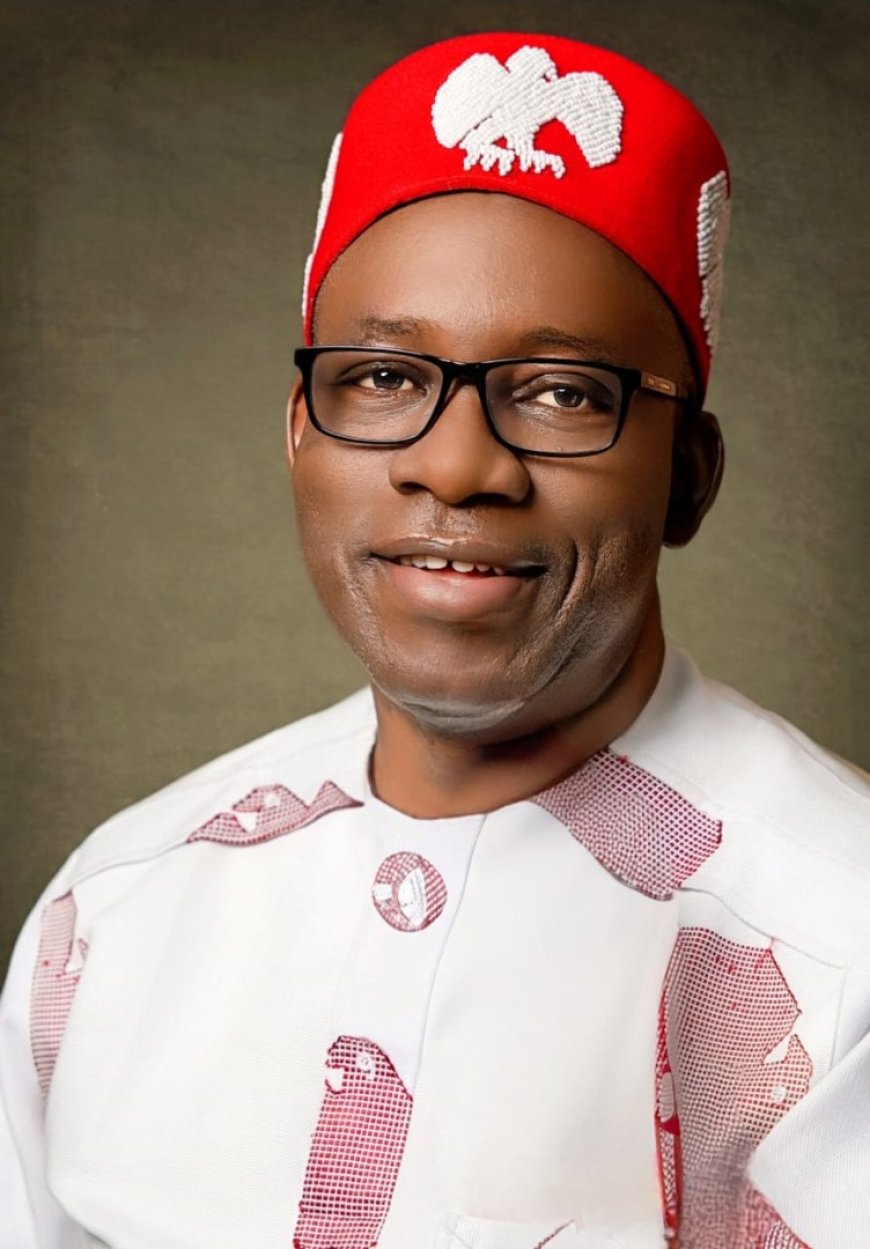New Book on Gov. Soludo: Audacity to Perform, ReflectsTransformational Governance in Anambra- Aburime
New Book on Gov. Soludo: Audacity to Perform, ReflectsTransformational Governance in Anambra- Aburime

The new book authored by Dr. Anselm C. Onuorah, titled ‘The Audacity to Transform,’ stresses the transformational leadership of the Anambra State Governor, Prof. Charles Chukwuma Soludo, which reflects a rigorous, front-row assessment of credible governance in action.
Subtited “A Front-row Testimony on the Ongoing Development in Anambra by Gov. Chukwuma Charles Soludo’s Administration,” the work positions itself as both participant observation and analytical treatise.
The Governor’s Chief Press Secretary, Christian Aburime, said the book posits that Governor Soludo’s administration represents a transformative approach to state governance that rests on an examination of several policy pillars: infrastructure development, healthcare reform, educational advancement, security initiatives, social welfare programmes, and what Onuorah terms “the total optimisation of the state software ecosystem.”
He said this last phrase merits attention, for it suggests an understanding of governance that transcends only the physical.
According to Aburime, the reference to local government and community reforms as part of this “software ecosystem” indicates an awareness that sustainable transformation requires not just roads and hospitals, but reconfigured social architecture, the often-invisible systems of values, capacities, and institutional relationships that determine whether concrete achievements endure or crumble.
The CPS pointed out that by assessing policies against the governor’s manifesto, governance indicators like transparency and accountability, economic metrics, social indicators, and security outcomes, Onuorah establishes multiple accountability touchstones.
The invocation of Chinua Achebe’s famous diagnosis —that “the problem of Nigeria is simply a problem of wrong leadership” positions the Soludo administration as a potential counterexample, demonstrating that effective leadership can indeed catalyse transformation.
Interestingly, the book’s contextualisation within “the socio-political landscape of Anambra and the broader Nigerian context” is essential but complex, and how Soludo’s administration navigates this particular social ecology will serve as an example to other states.
It will provide a case study for testing whether technocratic competence, as possessed by Prof. Chukwuma Charles Soludo, when combined with political will and favourable conditions, can produce measurable improvements in citizens’ lives, or whether the structural impediments to development in Nigeria remain too formidable for even capable leadership to overcome.
What's Your Reaction?














































 The Chairman and Chief Executive Officer of Adron Homes and Properties Limited, Aare Adetola Emmanuelking, has congratulated the Government and people of Oyo State as the state marks its 50th anniversary, describing the occasion as a celebration of resilience, cultural pride, and sustained progress.
The Chairman and Chief Executive Officer of Adron Homes and Properties Limited, Aare Adetola Emmanuelking, has congratulated the Government and people of Oyo State as the state marks its 50th anniversary, describing the occasion as a celebration of resilience, cultural pride, and sustained progress.



